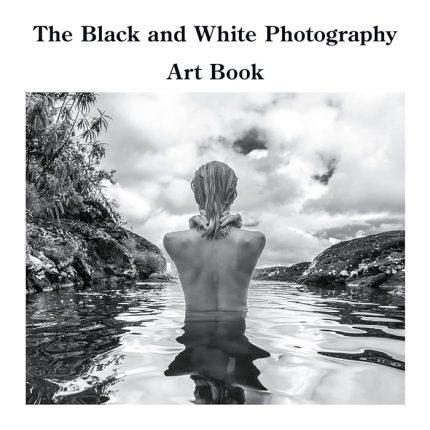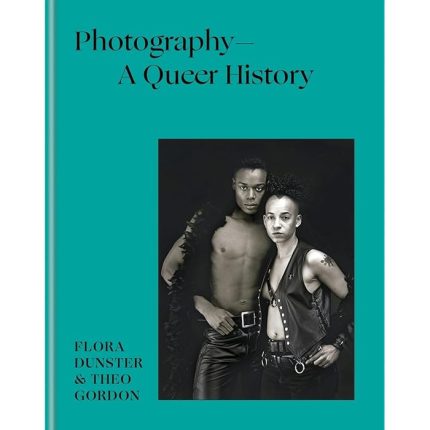Description
“Black Hollywood” refers to the significant contributions and influence of Black actors, directors, producers, writers, and other creatives within the American film and television industry. While Black individuals have been involved in Hollywood since its early days, the term “Black Hollywood” often highlights a specific era of increased visibility, empowerment, and representation in the entertainment industry.
### Key Aspects of Black Hollywood:
1. **Historical Roots and Struggles:**
– The presence of Black actors in early Hollywood was often relegated to stereotypical roles, such as servants, slaves, or entertainers. Black talent faced racial discrimination both in front of and behind the camera.
– Early pioneers like **Paul Robeson**, **Hattie McDaniel** (the first Black woman to win an Academy Award), and **Sidney Poitier** began breaking barriers in the 1930s and 1940s, with Poitier becoming the first Black actor to win an Academy Award for Best Actor in 1963.
2. **The Blaxploitation Era (1970s):**
– The 1970s saw a cultural shift with the rise of **Blaxploitation** films. These movies, which starred Black actors and often centered around themes of empowerment, crime, and social justice, became a way for African American audiences to see their lives represented in Hollywood. Examples include **”Shaft”** (1971) and **”Foxy Brown”** (1974).
– While these films sometimes perpetuated stereotypes, they also showcased Black voices and stories, helping to pave the way for more diversity in film.
3. **The Rise of Contemporary Black Hollywood:**
– In recent decades, the term “Black Hollywood” has been used to describe a vibrant and growing network of successful Black entertainers and creatives, including actors like **Denzel Washington**, **Viola Davis**, **Idris Elba**, **Will Smith**, and **Angela Bassett**. Directors such as **Spike Lee**, **Ryan Coogler**, and **Ava DuVernay** have reshaped Hollywood by telling complex, culturally rich stories.
– **”Black Panther”** (2018), directed by Ryan Coogler, marked a groundbreaking moment in Black Hollywood, both as a cultural phenomenon and as the first major superhero film with a predominantly Black cast, achieving massive critical and commercial success.
4. **Increased Visibility and Empowerment:**
– In the 21st century, initiatives like **#OscarsSoWhite** (which began in 2015 as a protest against the lack of diversity in Oscar nominations) have sparked ongoing conversations about race and representation in Hollywood.
– Films such as **”12 Years a Slave”** (2013), **”Moonlight”** (2016), and **”Get Out”** (2017) have won critical acclaim, while showing that stories from Black perspectives can transcend racial boundaries and resonate globally.
5. **The Emergence of Streaming Platforms:**
– With the rise of streaming services like **Netflix**, **Amazon Prime**, and **HBO Max**, Black filmmakers and actors have found new opportunities to create content, from series to documentaries. Platforms have allowed for diverse stories that might not have found a home in traditional Hollywood studios.
– Streaming services also serve as a platform for projects centered around Black experiences, giving directors like **Barry Jenkins** (director of *Moonlight*) the space to tell unique and intimate stories that go beyond the mainstream.
6. **The Role of Black Creatives Behind the Camera:**
– While actors have often received the most attention, the contributions of Black filmmakers, screenwriters, and producers are also significant. Black filmmakers like **Ava DuVernay**, **Ryan Coogler**, and **Jordan Peele** have helped reshape Hollywood by directing, producing, and creating films that challenge traditional narratives.
– Jordan Peele’s *Get Out* (2017), a horror-thriller with deep social commentary, received widespread praise and proved that a Black filmmaker could not only dominate in genres like horror but also comment on race relations in America in innovative ways.
### Key Figures in Black Hollywood:
– **Sidney Poitier**: Often considered the first major Black star in Hollywood, Poitier broke down many barriers in the 1960s with films like *Lilies of the Field* (1963), for which he won an Oscar.
– **Denzel Washington**: An actor and producer known for roles in *Training Day* (2001), *Fences* (2016), and *Glory* (1989), Washington is widely regarded as one of the best actors of his generation.
– **Viola Davis**: A trailblazing actress who made history as the first Black woman to win the “Triple Crown of Acting” (an Emmy, Tony, and Oscar), with iconic roles in *Fences* (2016) and *How to Get Away with Murder*.
– **Spike Lee**: A filmmaker who revolutionized American cinema with films like *Do the Right Thing* (1989), which tackles racial tensions and social justice.
– **Ryan Coogler**: Known for his work on *Fruitvale Station* (2013), *Creed* (2015), and *Black Panther* (2018), Coogler is one of Hollywood’s most influential directors.
### Challenges and Ongoing Struggles:
Despite notable progress, the entertainment industry is still criticized for a lack of diversity, both in front of and behind the camera. The **systemic racial inequalities** that continue to affect Hollywood are a central issue for many Black creatives. Efforts to address diversity, representation, and fair pay continue, with initiatives advocating for equal opportunities for Black talent.





Reviews
There are no reviews yet.